Thyme is a well-known herb that grows well in many different climates. It comes from the Mediterranean and is a part of the popular Mediterranean diet, which is thought to be very good for your health by most people. Thyme has a flavour that is both earthy and floral, and it goes well with savoury foods like chicken, white fish, and root vegetables. Thyme has been used as a medicine for hundreds of years, and it has a number of healing properties that can help people.
Thymus vulgaris, also called "garden thyme," is the most common type of thyme used in cooking. It is one of more than sixty types of thyme.
Table of Contents
About thyme leaves:
The herb thyme (Thymus vulgaris) is in the mint family (Lamiaceae). The plant is in the same genus as oregano, which is called Origanum.
Is thyme a kind of plant? It's more of a herb than a vegetable because herbs are mostly used to add flavour to food and provide nutrients, while vegetables are plants that can be eaten as the main ingredient. In other words, herbs are usually eaten less often than vegetables.
People grow thyme plants all over the world, and the fresh leaves are often dried and used as a seasoning in food. There are a lot of different kinds of this herb, but French thyme is the most common.
In general, it is a great way to support the body's immune, respiratory, digestive, nervous, and other systems. For example, thyme can help kill many kinds of germs and stop infections. It can also get rid of free radicals, which speed up the ageing process.
Nutritional value of thyme leaves:
The main antiseptic property of thymus vulgaris extract and essential oil comes from a chemical called thymol. Because of this, thyme oil is often found in toothpastes and mouthwashes. Thymol also kills fungi and is used to make hand sanitizers and creams that fight fungi.
Also, thyme has a chemical called carvacrol that kills bacteria. It also has flavonoids like apigenin, naringenin, luteolin, and thymosin, which kill bacteria. These flavonoids boost the herb's ability to fight free radicals and give it other health benefits.
Use of thyme leaves in cooking:
Adding thyme leaves to food makes it taste and smell better, and it gives dishes a delicate taste that is hard to get with any other herb. But it's important to use the herb in the right way and to get the most out of it.
The plant tastes a little bit like a mild lemon, and it goes well with both vegetables and seafood. A lot of cooks put it on chicken, meat, and even stuffing. But sometimes, especially if it is cooked for too long, this can make it lose its flavour.
- Most vegetables and seafood don't taste too strong and aren't overcooked. The thyme makes these dishes taste better without taking over the taste of the food. If the vegetable and seafood dish is a sauté, fresh leaves work wonders to bring out the subtle flavours.
- Adding dried thyme to soups like lentil and split pea right before they are done cooking gives them a smell that is hard to miss. Just put in the herb and turn off the heat right away. If you keep the lid on the dish, the soup will smell great when it's time to serve.
- Stews take a long time to cook, so adding fresh herbs may not seem like a good idea. But once the stew is done, you can stir in some finely chopped leaves and serve. These give the stew a little tangy flavour that makes it taste great.
- When cooked right, poultry dishes often have a mild taste, which is helped by the addition of thyme. Adding dried leaves to baked or roasted chicken, like in our DIY chicken dry rub, will give it a flavour and smell that everyone will love. For the best results, mix some lemon juice with the leaves and use this to baste the chicken.
- Sometimes meat has a very strong taste, and because it needs to be cooked well, cooks don't usually like to use thyme in these dishes. Fresh leaves, on the other hand, can be used in the marinade to help give the meat a savoury flavour when it is cooked. Try our Lemon and Thyme Grilled Chicken recipe, which uses fresh herbs.
- Leaves without stems are great in salads. Just a few sprigs will give your fresh vegetable salad a kick that no dressing will do on its own.
- Add a few pinches of dried thyme to the flour when making bread. This will make a herb bread that goes well with butter. Add fresh, crushed leaves to the butter and spread it on the bread before putting it in the oven to make garlic bread.
- Pasta and herbs work well together. Add a pinch of dried leaves to your favourite pasta sauce to make it even better.
- Most herbs die when they are cooked too long, and thyme is no different. When making sauces, put the herb in at the end and turn off the heat right away. This will help keep the taste and smell of the food.
- Fresh thyme leaves can be used to decorate desserts like soufflés and custards. This is a bit unusual, but it can be done. The slight lemon flavour helps to tone down the sweetness of the desert.
- When cooked right, poultry dishes often have a mild taste, which is helped by the addition of thyme. Adding dried leaves to baked or roasted chicken, like in our DIY chicken dry rub, will give it a flavour and smell that everyone will love. For the best results, mix some lemon juice with the leaves and use this to baste the chicken.
- Sometimes meat has a very strong taste, and because it needs to be cooked well, cooks don't usually like to use thyme in these dishes. Fresh leaves, on the other hand, can be used in the marinade to help give the meat a savoury flavour when it is cooked.
Health benefits of thyme:
Here is a list of recent studies and research that backs up some impressive health benefits.
- Resists Harmful Organisms
Thyme has strong chemical compounds like thymol and carvacrol that keep harmful organisms from getting to them.
- Helps keep your lungs healthy
The health of your lungs is important, especially for people whose immune systems aren't as strong. Thyme helps keep your lungs healthy all year round.
- Helps keep the heart healthy
Both blood pressure and cholesterol are very important to the health of the heart. Thyme has nutrients that help keep blood pressure and cholesterol levels in a healthy range.
- Mood Booster
Thyme may help keep your mind healthy. If you take thyme and oregano oil every day, it can change your neurotransmitters and improve your mood. When carvacrol, a chemical found in thyme oil, was taken for seven days, it made dopamine and serotonin levels rise.
- Encourages Healthy-looking Skin
Nurses have been putting thyme on bandages for years to help wounds heal. Recent studies have shown that thyme can help keep your skin healthy.
- Natural Bug Repellent
People like to grow thyme at home. Not only is it easy to use in the kitchen, but it may also help keep bugs out of your house. Mosquitoes and other bugs don't like the smell of thyme, so it keeps them away.
- Strong antioxidant
- Antioxidants like apigenin, luteolin, saponins, and tannins are abundant in thyme.
- Free radicals can cause damage and oxidative stress if they are not stopped by antioxidants.
- Calms occasional coughs and sore throats
Thyme has been used for years to help with seasonal health. Many studies have shown that this use is true and that thyme can help your body heal from a cough or sore throat.
- It's good for your teeth.
Along with other herbs, thyme can help keep your mouth healthy. Essential oils from thyme can stop bad breath and protect against harmful organisms that like to live in the mouth.
- Keeps food safe and fresh
Adding thyme to food makes it taste better, but it can be used for more than that. Large-scale food producers have noticed that thyme doesn't get sick easily and have used this to their advantage. Essential oil from thyme is a good, natural way to keep food fresh and make it last longer.

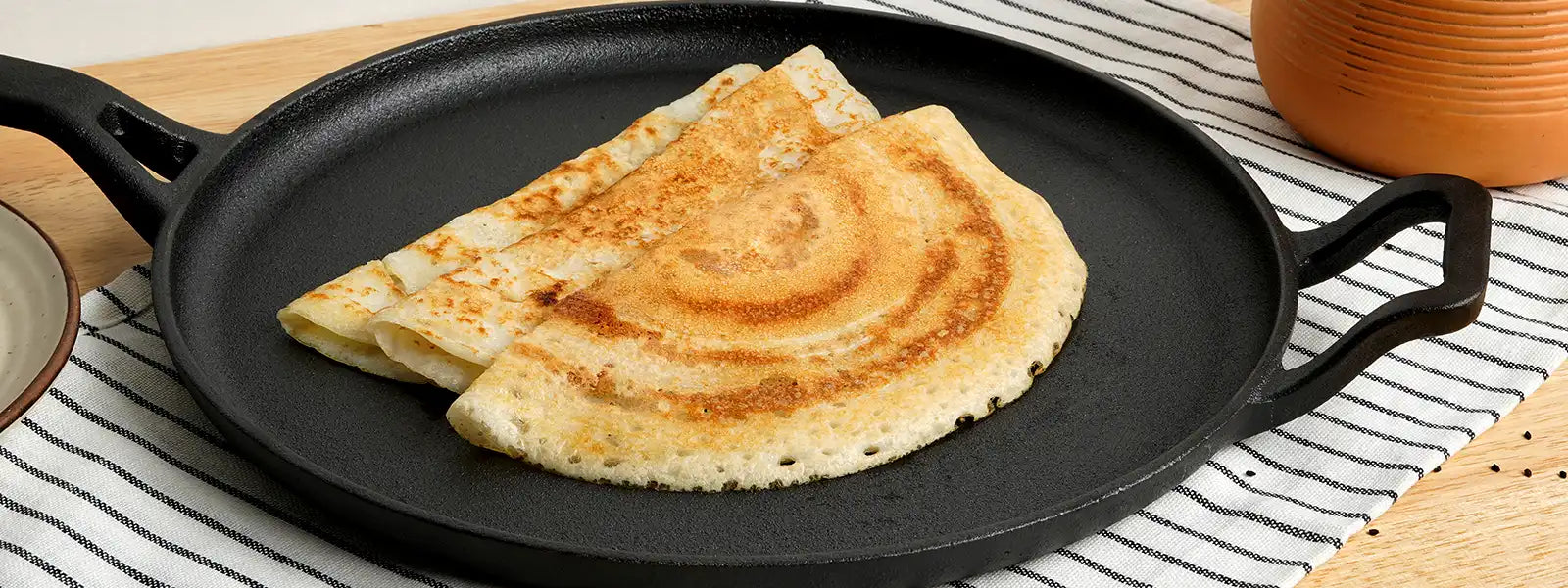
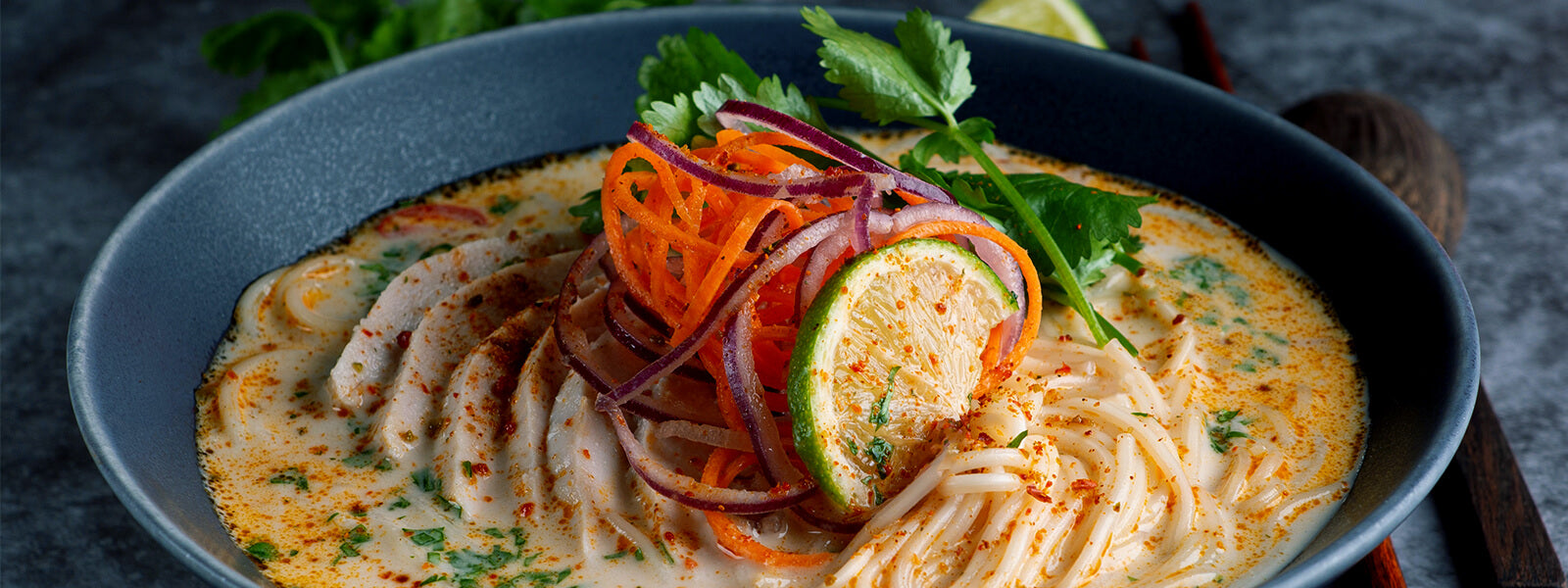
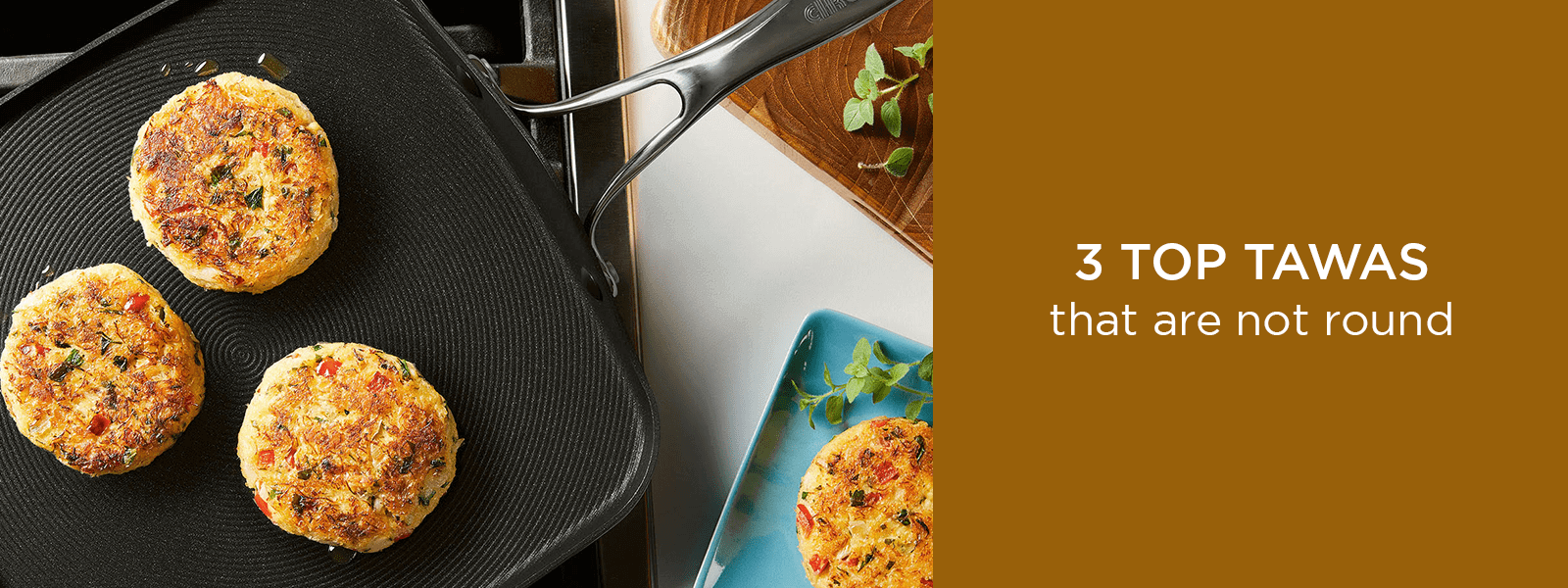
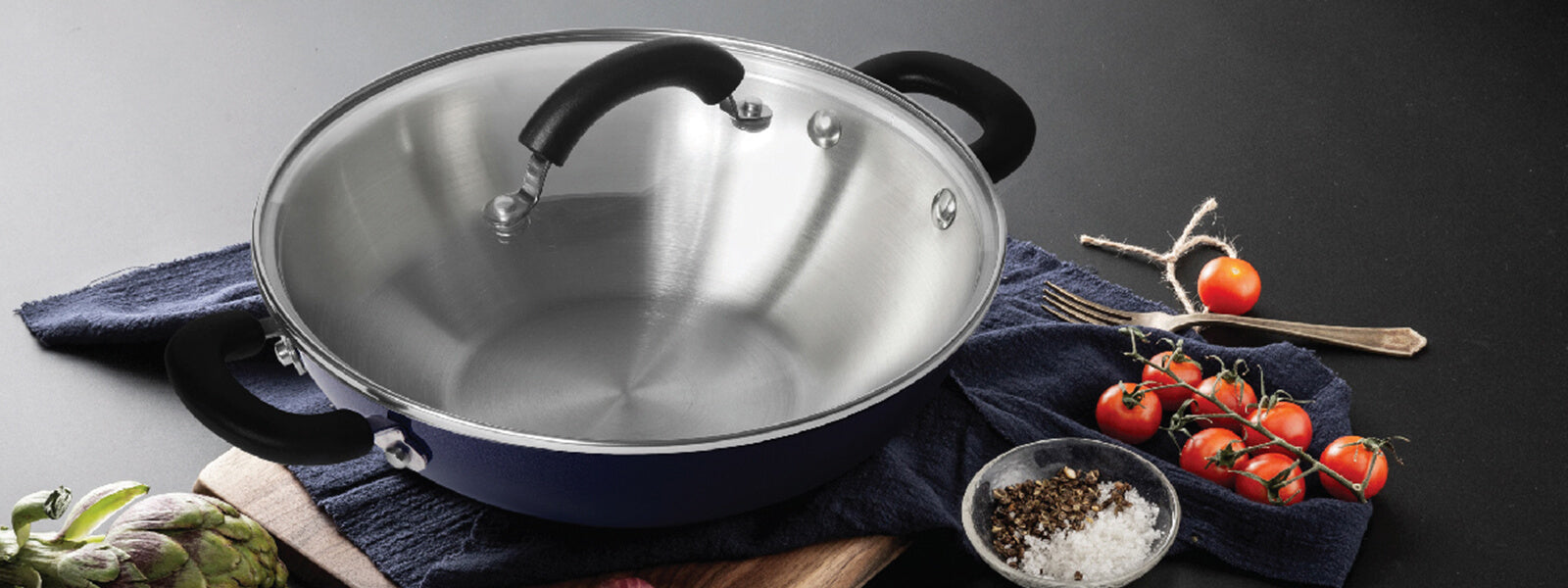

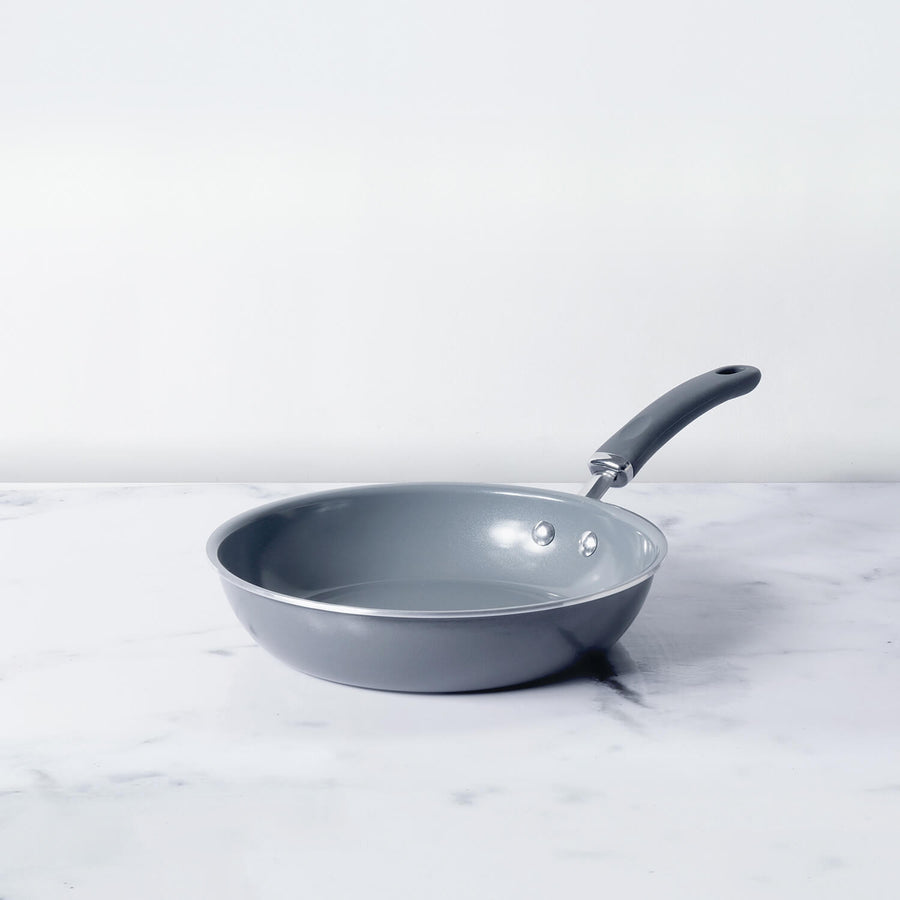
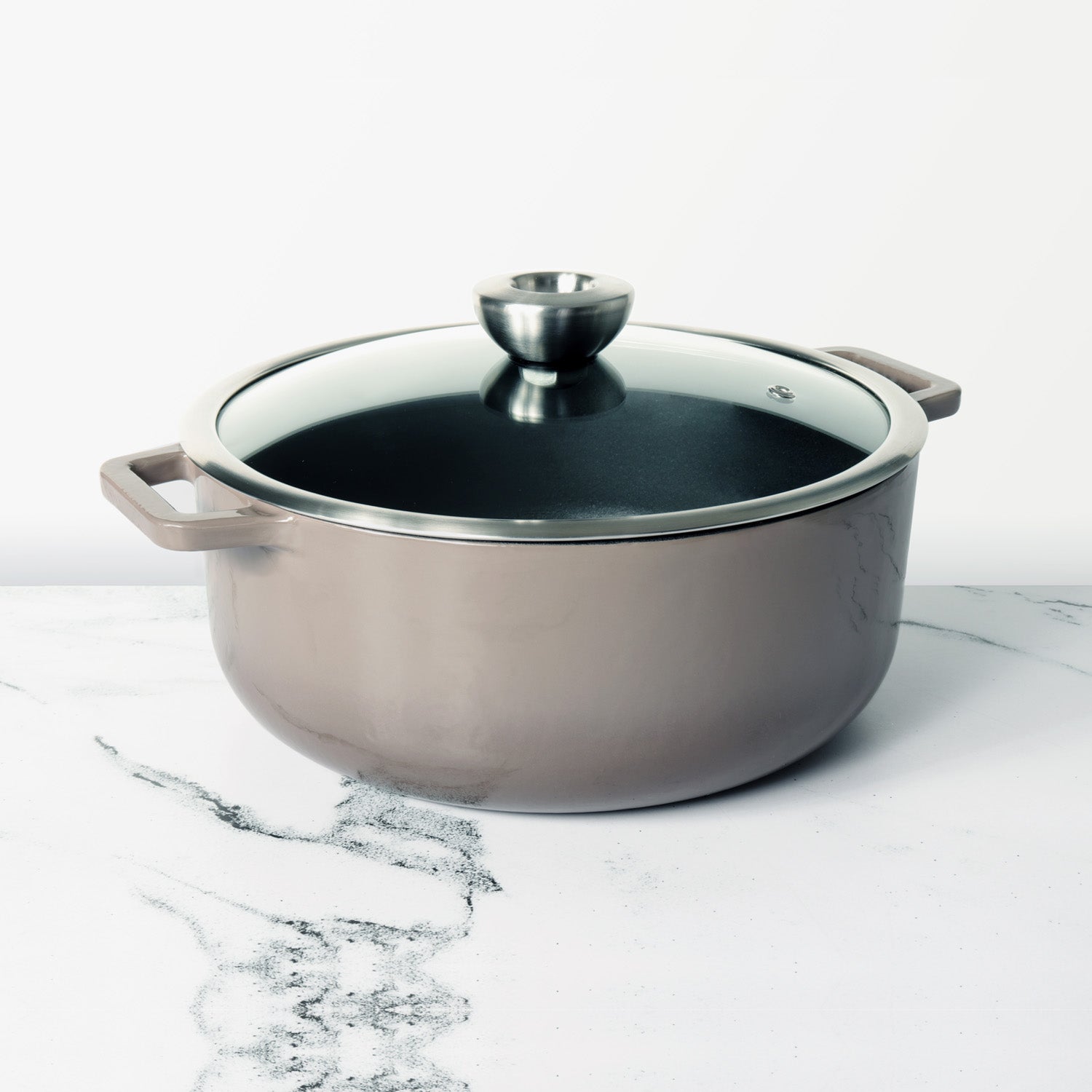




Leave a comment